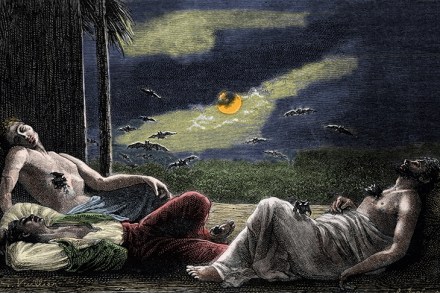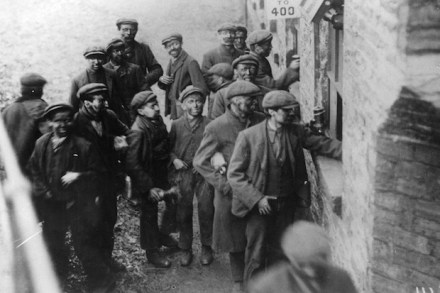Going bats
When it was recently announced that Robert Pattinson, who played the vampire Edward Cullen in the Twilight films, had secured the role of Batman, a Twitter user wrote: ‘Worst vampire ever. Took him 11 years to turn into a bat.’ This is probably Twitter’s second greatest bat joke, beaten only by @LRBbookshop’s ‘I reckon Nagel actually knows full well what it’s like to be a bat’. It is in the nature of social media to carp, though, and in that spirit I point out that, while Twilight’s Edward didn’t become a bat (his main uncanny powers beside immortality seemed to be great cheekbones and a Mr Darcy-ish froideur), Batman isn’t





















